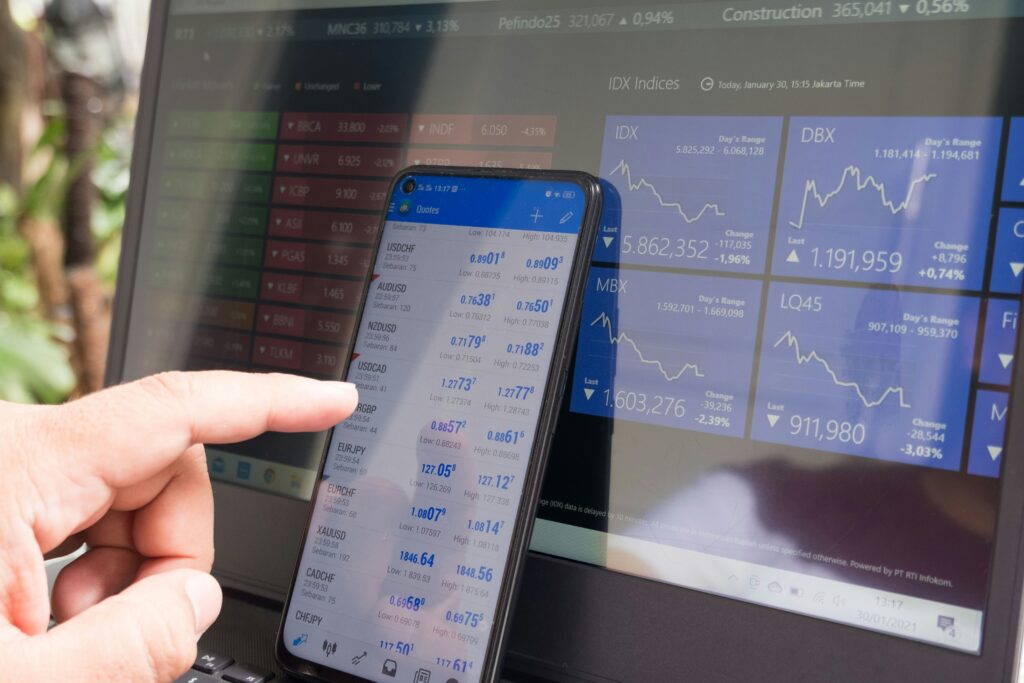
As a new year begins, predictions arrive right on cue. Will markets be volatile? Will records be broken? Will this year look like the last one?
But by now, you’ll know that nobody truly knows the answer to this question.
Investment markets are highly efficient. Big predictions and widely expected events are usually already baked into prices. That’s why trying to outguess the market is so hard. And it’s why we focus on the things you can control: keeping costs low, investing at a level of risk that’s right for you and staying well diversified.
While we can’t know exactly how markets will behave in 2026, we can see some themes and events that are likely to shape the journey. Let’s take a look.
Geopolitical and global events
There’s an old saying that the more things change, the more they stay the same. Just this week, Donald Trump has renewed the threat of fresh tariffs, a reminder of how quickly familiar themes can resurface.
Individual announcements like these can feel dramatic and unsettling, particularly when they touch on global conflict or trade wars. But markets have a long history of absorbing short-term political shocks. While headlines may drive brief volatility, it’s longer-term shifts in policy and economic priorities that matter far more for market outcomes.
That’s where today’s geopolitical backdrop comes into sharper focus. Many countries are now prioritising economic security over global efficiency. Globalisation isn’t disappearing, but it’s no longer the sole objective. Instead, governments are turning inward, building resilience and self-sufficiency through higher public borrowing and targeted investment in energy, infrastructure, cyber security and domestic manufacturing.
Artificial Intelligence
By 2026, AI is unlikely to still feel like a novelty. It will simply be part of how many businesses operate.
The early winners built the chips, software and infrastructure. The next phase is about productivity. Companies that use AI to cut costs, make better decisions and improve customer experience can quietly move ahead of competitors.
This probably won’t look like a classic tech boom. Some of the biggest beneficiaries may be banks, healthcare providers, logistics firms and professional services businesses. In other words, companies that don’t look like ‘AI stocks’ at all. Markets often overpay for the obvious winners and miss the quieter ones.
For investors in 2026, the opportunity is less about picking a single technology and more about owning a broad spread of businesses that can put AI to work.
Interest rates
The big shift in 2026 isn’t whether interest rates move up or down. It’s that we’ve accepted we’re no longer living in a world of rock-bottom rates. Even if cuts come, rates are likely to settle higher than they were for much of the 2010s.
This can feel uncomfortable in the short term, but it’s healthier in the long run. Higher rates tend to reward well-run companies that can grow without relying heavily on borrowing. They also mean bonds can once again provide income and stability in portfolios instead of being a risk-reduction tool.
Economic growth
Global growth in 2026 is likely to be slower, and uneven.
Some economies are managing ageing populations and high debt levels (like Japan, Italy and Germany), while others benefit from younger workforces, technological leapfrogging and strong investment. This mix is exactly why broad investing remains so powerful.
Even in a world of modest growth, there will be businesses finding new ways to expand, innovate and take market share. Slower growth can also push governments to spend more on infrastructure, energy transition and productivity-enhancing technology. Staying diversified allows you to capture these pockets of progress without needing to predict which country or sector will lead the way.
The message for 2026 is a familiar one. Markets will be noisy and shaped by forces we can’t control, but the fundamentals still matter most. Staying diversified, keeping costs low and investing for the long term is far more effective than trying to predict what comes next.
Important information
This update is for information only and does not constitute personal financial advice. Past performance is not a reliable indicator of future results. Any views expressed are based on current market conditions and may change.
